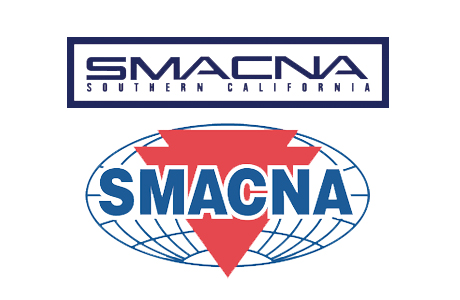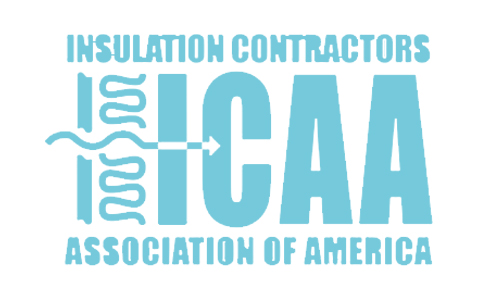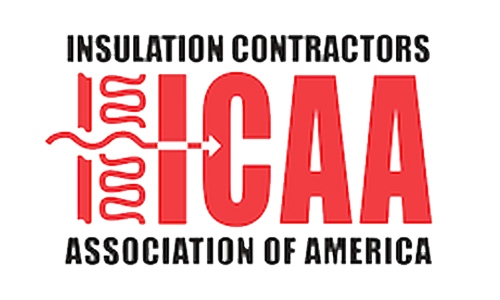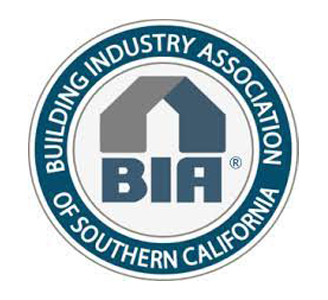The Freedom of Information Acts, whether Federal or State, have been around for many years, and have been used as an effective tool to obtain unprotected bidder information by a competitor prior to any lawsuit being filed, or when a mediation or arbitration clause severely prohibits or severely limits formal discovery.
By understanding the rules of the applicable act, a contractor may obtain a competitive edge by obtaining useful, nonconfidential, or potentially confidential, but unprotected information submitted by its competitors to federal, state, and local procuring authorities. A thorough understanding of the rules can also help a contractor protect itself from competitors who seek confidential commercial information.
In general, all agency records must be released unless they fall into one of the following exceptions: 1) secret or classified; (2) related solely to the internal personnel rules and practices of an agency; (3) specifically exempted from disclosure by certain statutes; (4) trade secrets and commercial or financial information obtained from a person and privileged or confidential; (5) interagency or intra-agency memoranda or letters that would not be available by law to a party other than an agency in litigation with the agency; (6) personnel and medical files and similar files the disclosure of which would constitute a clearly unwarranted invasion of personal privacy; (7) records or information compiled for law enforcement purposes under particular circumstances; (8) contained in or related to examination, operating or condition reports prepared by, on behalf of, or for the use of an agency responsible for the regulation or supervision of financial institutions; or (9) geological and geophysical information and data, including maps, and concerning wells.
When seeking information through any of the Freedom of Information Acts, it is important that the written request for the records be sent directly to the agency component responsible for the records being sought. It is particularly important to be as specific as possible in describing the requested records. Use of time frames, names of authors and recipients of documents, and subject matters in describing the records are especially helpful and are more apt to result in a prompt response. Be sure to state your willingness to pay the fees associated with processing your request, or, if the anticipated fees will be too expensive, seek a fee waiver. And, it is always wise to request the agency to provide portions of the information when it becomes available rather than waiting until all of the requested records have been accumulated.
Typically, the public agency must respond to a request within 20 days of its receipt, and must make the records available “promptly”. However, under “unusual circumstances” the agencies may extend the deadline for their response.
Should you encounter delay (which is not unusual), the most effective method of dealing with the agency is to develop a rapport with the official providing the information and working with that person to clarify or narrow the request if necessary. It may be necessary to continually monitor your request, however, once a week is generally sufficient. However, if you have an impending deadline be sure to share that with the agency representative and request her help in expediting the request. Only in cases where you believe the agency is totally stonewalling the production of the requested information is court intervention advised. Be
sure to keep accurate written notes re communications, including names, dates and content, with the public agency in the event legal action becomes necessary.
When it is your confidential commercial information that is being sought, the agency must notify you as the submitter when those records are subject to being disclosed, and must describe the procedures for how you can respond to such requests to prevent such disclosure of their confidential information. If your objections are rejected by the agency the agency will provide to you in writing, an explanation of its decision and will indicate a future date when the documents will be disclosed.
Whether you are having difficulty obtaining the information you are seeking from the public agency, or whether it is your confidential commercial information that is being sought, it is strongly recommended that you contact a construction lawyer knowledgeable of the vast body of FOIA laws. It is especially critical in those circumstances where it is your information that is being sought as proper review and response to an FOIA request or notice of an agency’s intent to disclose records can require a time-consuming effort in a relatively short period of time. Such review is important in determining whether the information needs to be protected, whether it is the type of information that is protectable, and the most effective response to best assure the protected records are not disclosed.
This article is intended to provide the reader with general information regarding current legal issues. It is not to be construed as specific legal advice or as a substitute for the need to seek competent legal advice on specific legal matters.


















